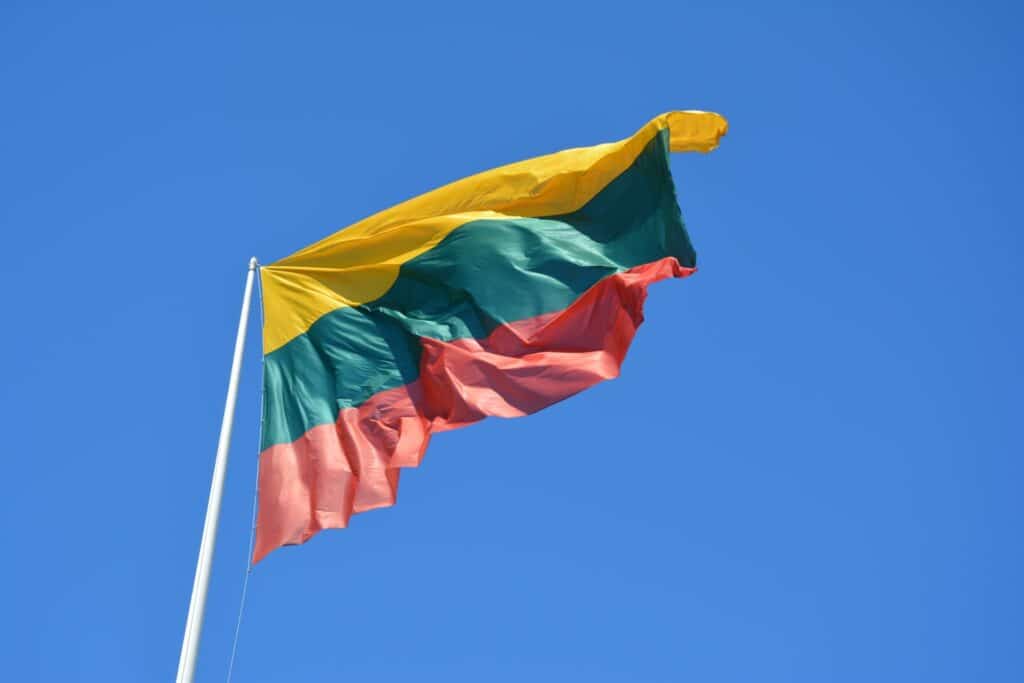
2021 will go down in history as THE year of NFT. The NFT market received several landmark developments and generated over $22B in revenue. Some experts say that the already-impressive number would have been significantly higher if there was a way to account for media value (TV, Magazine, Print). With celebrities, digital entrepreneurs, and well-established companies it seems like everyone wants in on the game and the conversation. With many companies racing to fill this market vacuum and facilitate your entry into the NFT game, getting started has never been simpler. Ai Powered image generation can have you creating unique images ready to be minted with only a simple api for dall-e 2. The continued interest and growth of the NFT marketplace prove that the market is here to stay. Blockchain technology at large has also made a dramatic impact on the global economy and there is no doubt that it will continue to affect the landscape. The fact that the NFT market is hugely profitable and is pushing mainstream adoption means that more and more people/legal entities are interested in NFT company registration in Lithuania.
How Long Will It Take to Register an NFT Project In Lithuania?
It’s hard to predict the exact timeline of how long it will take to register an NFT project, but one thing is certain: when a product or service is truly working and where there is a clear use case, projects take less time to come to fruition. The timeframe of registration depends on many small factors, but the general outlook seems to be that it could take up to 30 days (it can actually be considerably shorter). Important factors like the nature of the product/service, whether it is self-funding or not, the number of founders, executive/founders team size, business goals, projected revenue, and others all affect the speed of the registration and planning phase. That being said, Lithuania provides one of the laxest regulatory environments in the world. It is a much friendlier place to operate an NFT project and the full stack of services can be easily provided by experienced company registration professionals. That way, you can leave all the heavy lifting to professionals and speed up the process considerably.
What Organizational / Legal Things to Consider Before Even Starting an NFT Project In Lithuania?
At the time of writing, there’s still a great deal of uncertainty regarding several parts of the NFT ecosystem. Intellectual property rights, their transferability, and several other issues remain to be understood in greater detail. However, if you have registered an NFT project in Lithuania with outside help, you can be confident that you have an efficient team of professionals on your side, helping you navigate the ever-changing legal landscape.
Why Is It So Easy to Create NFT Projects In Lithuania?
Lithuania has a long history of accepting, adopting, and incorporating global trends, especially when it comes to cutting-edge technology. The country has been at the forefront of many new initiatives and is one of the best places in Europe to start, run, and grow a blockchain-based business. Even though digital art is still a novelty, it became a prominent fixture of the ARTVILNIUS’21 expo. Diana Stomienė, the director of the fair, said that the potential of digital works of art is not to be underestimated. To make a long story short, it’s very easy to create NFT-related projects in Lithuania and they have a good shot at success. Why? Because the country has an innovation-friendly government and a large pool of talented people, working in the blockchain sector. It is also ready to embrace NFTs as an art form.
Why Do People Choose Lithuania for Starting an NFT Project?
As a well-known destination for companies working in the NFT sector, Lithuania is already familiar to many in the blockchain world. There are several factors that make it an appealing choice for investors, entrepreneurs, and startups, including:
- Low revenue tax (5% or 15%)
- No custom barriers to trading within the European Union
- Lack of double taxation
- Perks for foreigners willing to open their companies in Lithuania
- Fast business registration process
Being a historically attractive jurisdiction for blockchain-related project registration, Lithuania has found itself in the midst of a new economic phenomenon. By actively promoting the sector as an attraction and presenting it to outsiders, the country is trying to position itself as a hub for blockchain projects, with a massive potential for growth and expansion. Most experts predict that the crypto marketplace in general and the NFT sector specifically are set to thrive in the upcoming years. It is to be noted that Lithuania is the only country in the region where the entry requirements are low and the conditions are ripe for NFT projects to succeed.
Even if you put aside the monetary and legal benefits, there’s one more thing that really motivates people to become involved in NFT projects in Lithuania: it’s an attractive jurisdiction for obtaining a residence permit in the EU. Attracting and retaining the best talent is a smart business move, so we can see the nation continuing down that path of development and promotion in the near future. The future is indeed looking bright for Lithuania!
